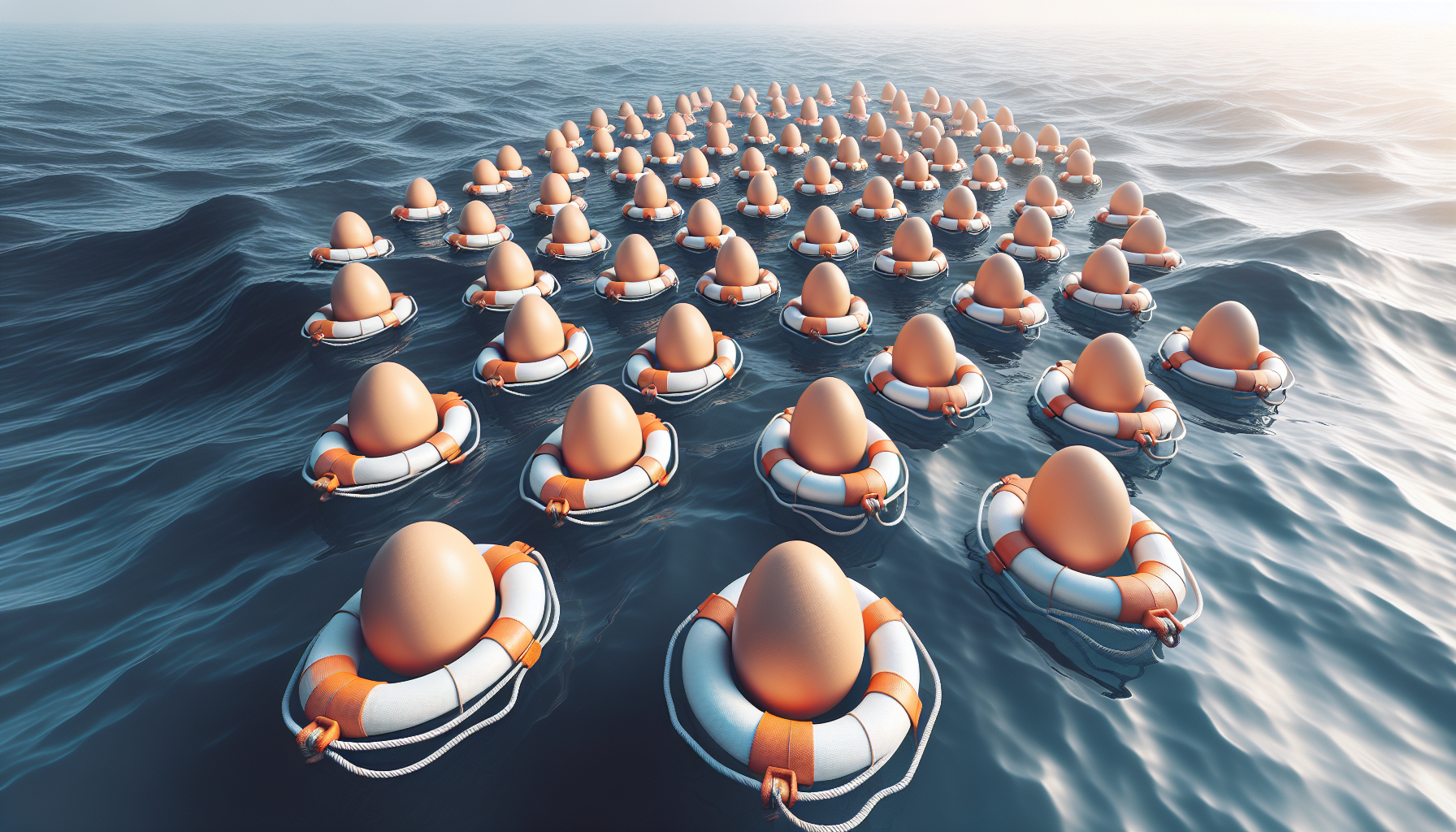Tech-Savvy Careers for Former Maritime Inspectors

Global maritime operations are becoming increasingly complex, with growing demands for efficiency, sustainability, and safety. To meet these expectations, the industry is embracing cutting-edge technologies such as remote vessel monitoring, cybersecurity solutions, drone inspections, artificial intelligence (AI), and virtual reality (VR) training. These innovations are reshaping traditional roles, creating new opportunities for professionals who can bridge the gap between legacy systems and modern technologies. Former maritime inspectors, already well-versed in safety protocols, regulatory compliance, and operational excellence, can bring invaluable expertise to these tech-driven roles. By combining their maritime knowledge with new technical skills, they can help shipping companies, tech firms, and regulatory bodies navigate the digital future of the industry.
Promising Tech-Savvy Career Paths
This section outlines several promising career paths for former maritime inspectors: 1. **Remote Vessel Monitoring Specialist**: Utilizing sensors, GPS technology, and real-time data analytics, this role optimizes fuel efficiency, reduces emissions, and ensures safety compliance. Former inspectors can use their regulatory expertise to interpret data and improve vessel performance. 2. **Maritime Cybersecurity Consultant**: With the rise of IoT and digital networks, cybersecurity has become crucial. Former inspectors can acquire certifications like CISSP or CEH to safeguard ships from cyber threats. 3. **Drone-Based Marine Inspection Specialist**: Drones offer safe, efficient alternatives for inspecting hard-to-reach areas. Former inspectors can leverage their structural assessment expertise to interpret drone data. 4. **Maritime AI and Data Analytics Specialist**: AI and data analytics optimize shipping routes, predict maintenance, and assess safety risks. Former inspectors can upskill in AI to contribute to these innovations. 5. **Digital Training and Simulation Expert**: VR and simulation-based learning are transforming maritime training. Former inspectors can design realistic scenarios for safety drills and emergency protocols.
Steps to Transition Into Tech-Focused Roles
Transitioning from traditional maritime roles to tech-savvy careers may seem daunting, but with the right approach, it’s entirely achievable. Here are some key steps to guide your journey: 1. **Upskill in Technology**: Invest in certifications or courses related to the field you’re interested in, such as drone operation, data analytics, or cybersecurity. Platforms like Coursera, LinkedIn Learning, and Udemy offer accessible options. 2. **Leverage Your Network**: Reach out to former colleagues or industry professionals who have transitioned into tech roles. Attend maritime tech conferences and join online forums to stay informed about industry trends and job opportunities. 3. **Update Your Resume**: Highlight your maritime expertise while showcasing your adaptability and new technical skills. Tailor your resume to emphasize your readiness for tech-focused roles. 4. **Start Small**: Begin with freelance or consulting projects in your chosen field to build experience and credibility. This will help you transition into full-time positions down the road. 5. **Stay Curious**: The maritime tech landscape is constantly evolving. Stay updated on emerging technologies and be open to continuous learning to remain competitive.
The maritime industry’s ongoing digital transformation presents a wealth of opportunities for former maritime inspectors to redefine their careers. By embracing technology and upskilling in areas like remote vessel monitoring, cybersecurity, drone inspections, AI, and digital training, you can position yourself as a vital contributor to the future of maritime innovation. For those laid off from traditional roles, such as Maritime Safety Inspectors at the U.S. Coast Guard, this shift represents not just a challenge but a chance to thrive in an industry that is adapting to the demands of the modern age. The horizon is wide open—equip yourself with the tools you need, chart a new course, and set sail towards a successful, tech-savvy career.
Remote Vessel Operations Analyst
Wärtsilä, Kongsberg Gruppen, or maritime fleet operators
Job Responsibilities
Monitor and analyze real-time data from shipboard systems, such as fuel consumption, navigation paths, and engine performance.
Collaborate with maritime tech companies to ensure compliance with International Maritime Organization (IMO) guidelines for safety and efficiency.
Skills Required
Proficiency in data analysis and fleet management software; familiarity with maritime regulatory frameworks.
Maritime Cybersecurity Specialist
Cybersecurity firms, shipping companies, or port authorities
Job Responsibilities
Assess vulnerabilities in shipboard IoT systems and create mitigation strategies to prevent cyberattacks on vessels and port operations.
Implement and maintain cybersecurity protocols to ensure compliance with IMO and industry standards.
Skills Required
Cybersecurity certifications (e.g., CISSP, CEH); understanding of maritime communication networks like ECDIS and AIS.
Drone Operations Engineer for Marine Inspections
Drone service providers, shipyards, or classification societies like Lloyd's Register
Job Responsibilities
Operate drones equipped with high-resolution cameras and sensors to inspect hard-to-reach areas, such as hulls, cargo holds, and offshore platforms.
Analyze collected data to identify damages, corrosion, or structural issues, ensuring compliance with safety standards.
Skills Required
Drone pilot certification, knowledge of maritime safety regulations, and proficiency in image analysis software.
AI-Powered Predictive Maintenance Consultant
Maritime software companies, ship management firms, or AI-focused startups like Windward or Nautilus Labs
Job Responsibilities
Develop AI models to forecast equipment failures and optimize vessel maintenance schedules, reducing downtime and costs.
Work with shipping companies to integrate data-driven insights into operational workflows.
Skills Required
Expertise in AI and machine learning algorithms; understanding of ship machinery and maritime operations.
Virtual Reality (VR) Training Developer for Maritime Safety
Maritime academies, training organizations, or VR tech firms focusing on industrial training
Job Responsibilities
Design and implement VR-based training programs that simulate emergency scenarios, navigation challenges, or equipment handling procedures.
Partner with training institutions to create immersive learning tools that align with international safety standards.
Skills Required
Experience in VR development platforms (e.g., Unity or Unreal Engine); strong grasp of maritime safety protocols and operational scenarios.


